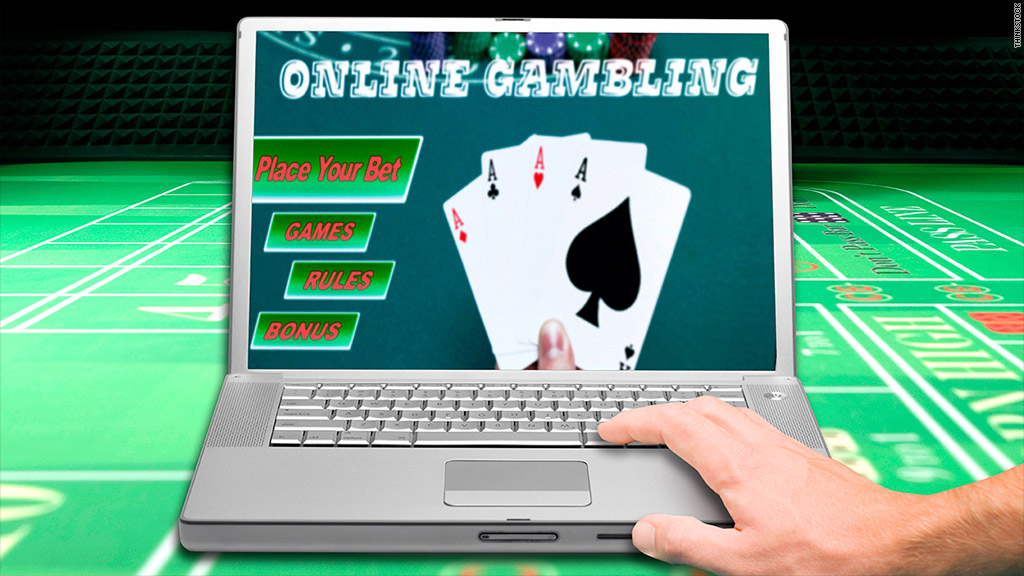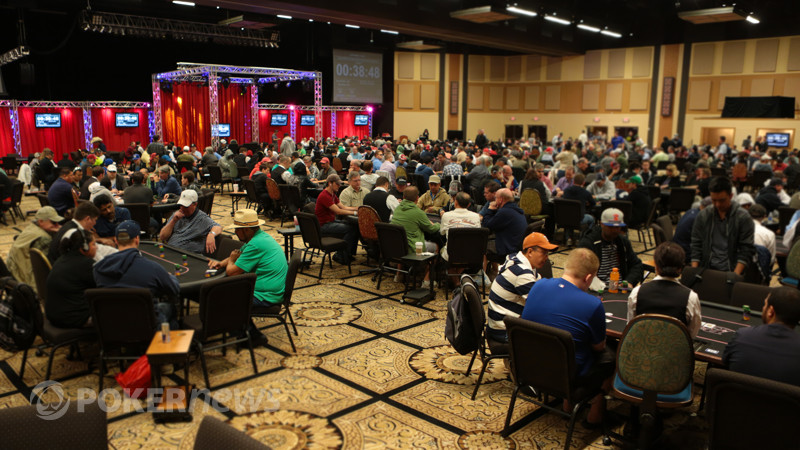Online Poker Bankroll Challenge 3,6/5 9890 votes
30-Day Challenge Tracker – A tracker to help you incorporate positive poker habits in your life (or any other aspect of life for that matter). This Leak Plugging PDF contains descriptions of the most common and painful leaks, ways to spot them, steps to fixing and tips on exploiting opponents with this same leak.
- I asked and you answered loud and clear. The bankroll challenge is accepted and we are shooting for the stars: $1,000,000! And to make it even better, I will.
- Poker Bankroll Management is one of the key pillars of being a successful poker player. It involves setting aside money you have designated for playing poker. Poker has a high degrees of variance. So, knowing and following proper BRM is imperative. This process promotes a healthy bankroll as you strive to improve your game and move up stakes.

The best way to learn is through practise. That is proven many times in the academic field. You can spend lots of time reading through theory and memorising it, but you need to actually do it and repeat until it’s locked into your mind
That is why throughout this course we will guide you in a Poker Bankroll Challenge, where you start with an initial bankroll of $25 and by the end of the course will have turned that into a serious bankroll of $1,000.
Why Do the Poker Bankroll Challenge?
Practical experience is a great way of learning. There are many lessons in this course, some of which are quite straightforward and not that hard to take in, but others are fairly in-depth, and it may be difficult to fully grasp until you have actually put the theory into practise.
You have already been through the bankroll management lesson and should now understand the importance of only playing at stakes that your bankroll will support, with plenty of redundancy to allow for bad (losing) sessions.
You will also understand that to play even at medium stakes using proper bankroll management, you require a significant total bankroll amount.
So, the Bankroll Challenge will bring all of these together:
- Give you practical experience to allow you to put lesson content into real life situations.
- Teach you a correct way to move up through the stake levels using correct bankroll management.
- Build a serious bankroll of $1,000 to allow you to play the medium stakes and continue to grow after this course.
How it Works
Throughout the Poker Bankroll Challenge, you will be playing at No Limit, Texas Holdem Tables. We’ll start on the lower stakes and gradually move up the stake levels as we achieve goals and increase our bankroll.
We have already made recommendations of where to play at whilst you are doing this challenge, based on which rooms proved to be the most profitable based on the strategy taught in this course. If you have not already signed up to 888 Poker (or Bovada Poker for US players) then go back to the very first lesson in this course and follow the instructions and links there to get setup.
Make sure you are familiar with the lobby layout and are able to find the Texas Holdem, No Limit, Cash (Ring) Game Tables. Make sure the tables are ordered by stake level. If you wish you can set the filter up to only show the tables you are interested in and make the lobby a bit cleaner.
Remember we are only looking for standard full tables which seats 9 or 10 players, ignore the short-handed tables for 5 or 6 players, as these require an adjusted strategy.
The Poker Bankroll Challenge Box
During the course, at the end of various lessons, you will see the Poker Bankroll Challenge box, one for each of the 12 stages of the challenge.
Here is an example box, everything is fairly self explanatory, but we have included some details below to make sure:
Poker Bankroll Challenge: Stage 1
- Stakes: $0.02/$0.04
- Buy In: $3 (75 x BB)
- Starting Bankroll: $25
- Target: $3 (1 x Buy In)
- Finishing Bankroll: $28
- Estimated Sessions: 1
Use this exercise to get used to selecting which starting hands to play and which not to play according to the Starting Hands chart and get used to understanding what position you are in at the table. Don’t get too carried away at this stage though, play conservatively and be aware that someone may have a better hand than you. We are going to learn in more detail about betting after the flop later in the course.

Stake Level
This gives you the stake level of the table you should play at. If your poker room doesn’t offer that particular stake level then find the closest one to it and adjust accordingly based on what you have already learnt.
Remember, look for the table with the highest percentage of Players per Flop, as this indicates more fish at the table. Anything over 20% is fine but the higher the better. You should also pay attention to the Average Pot Size as we also want to select a table with a high average pot size. At this stage, It doesn’t matter which seat you sit at so you can choose any seat.
Buy In
The Buy In amount is the portion of your total bankroll that you will sit down at the table with. As you join a table it will ask you how much money you want to put into your stack between the table min and max limits. This will usually be 100 x Big Blinds but on some occasions may reduce to 75 x Big Blinds to remain within good bankroll management rules.
Target & Estimated Sessions
The target is the amount that you need to win to complete this stage of the challenge. You don’t have to achieve this all in one session, and an estimated number of sessions is provided as a guide to the number of sessions we think it might take to complete the challenge. Be aware that it may take you more or less time to complete and this is purely a guide.
A session is considered to be between 1-2 hours at the table, and each time you start a new session you should sit back down with the same initial buy in (not the previous balance that you had in your stack at the end of the last session)
Notes

Finally there will also be some brief notes from us on each stage to guide you along and explain the practical purpose of the stage and give you a little bit of encouragement.
Quick Links to Challenge Stages
Good Luck!
Don’t be intimidated by this challenge, we’ll move up in small stages and you’ll be building your new strategy as you go. Each stage you should start to feel more confident and more grounded in the way that you play, and please take our word for it that the practical experience is worth the time you are putting in at the tables, plus it makes it more fun and your building a bankroll as you go too!
Since Poker Professor started in 2005 we have had many success stories with our Bankroll Challenge. We receive emails all the time from happy community members who have felt the enormous sense of achievement by completing the challenge.
Remember, we are always here to support you, if you have a problem, or get stuck on a lesson or topic then please don’t be afraid to ask for some advice in our Questions and Answers forum – no matter how trivial or silly you think the issue is.
Congratulations: Unit 1 Complete
Well done, that’s the first Unit complete. Now you have been introduced to the course and understand some of the key concepts that underpin your new strategy. You are also setup with our recommended poker room and are ready to get started with the Poker Bankroll Challenge. Next, in Unit 2 we are going to look at how to act before the flop and really get started learning your new winning strategy.
Live Poker Bankroll Management
Now, this is a switch.
For as long I've been playing poker, I've held my own at the home games, but been very inconsistent at the casinos. Part of the reason is that I've played most of my casino play in Minnesota, where the cash games are limit poker only. That's the only time I ever play limit poker, and I've never been a winning player in that game.
Lately my issue has been losing in home games. I'm afraid my play has become too predictable. Am I running bad? Playing too many hands? I've focused on not playing out of position. I'm really confused about why my results have changed over the past several months. I think the remedy is some time off.
Poker Bankroll Tracker
Maybe I'll hone my skills online at low stakes for a while, and go back to the live game refreshed and less confused.It's not good to play poker confused.